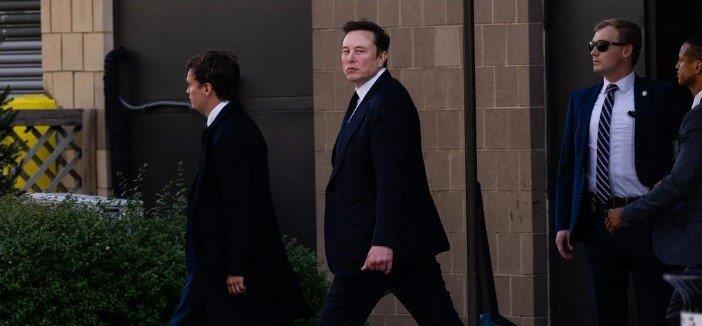
Elon Musk's Xai Files Billion-Dollar Lawsuit Against Apple And Openai Over Alleged AI Monopoly
Elon Musk's artificial intelligence company, xAI, has launched a high-profile lawsuit against Apple and OpenAI, accusing them of collusion to dominate the AI market and stifle competition.
The lawsuit claims that Apple and OpenAI have created an exclusive partnership that grants OpenAI an unfair advantage on Apple's App Store, while deliberately sidelining competitors such as xAI and its AI chatbot, Grok. Lawyers for Musk's company argue that this arrangement has effectively locked out new innovators from reaching consumers.
xAI is demanding billions of dollars in damages, alleging that the partnership has not only limited fair competition but also deprived users of alternative AI technologies that could challenge OpenAI's ChatGPT. The complaint specifically notes that Apple's refusal to highlight Grok on its platform stems from this exclusive contract.
OpenAI, in a swift response, dismissed the allegations, calling the lawsuit consistent with what it described as Musk's“pattern of harassment.” The company insisted that its partnership with Apple is lawful and based on consumer demand for ChatGPT, which has achieved global popularity.
Musk has long been a critic of OpenAI, an organization he helped co-found before parting ways. Earlier this month, he publicly warned of legal action, accusing Apple of anti-competitive practices that ensure“no AI app other than OpenAI can reach the top of the App Store.”
ChatGPT, launched in late 2020, quickly became the fastest-growing app in history, reinforcing OpenAI's dominance in the AI sector. This rapid success has sparked concerns among critics who argue that tech giants are consolidating too much power over the future of artificial intelligence.
The lawsuit is expected to intensify Musk's already heated rivalry with OpenAI and Apple. Beyond the courtroom, the case could have global implications, fueling broader debates on monopolies, innovation, and the urgent need for regulatory frameworks in the fast-evolving AI industry.
For now, all eyes will be on how U.S. courts handle this landmark case, which could redefine the balance of power in one of the world's most critical technologies.
ShareFacebook Twitter WhatsApp Email Print Telegram
Legal Disclaimer:
MENAFN provides the
information “as is” without warranty of any kind. We do not accept
any responsibility or liability for the accuracy, content, images,
videos, licenses, completeness, legality, or reliability of the information
contained in this article. If you have any complaints or copyright
issues related to this article, kindly contact the provider above.


















Comments
No comment